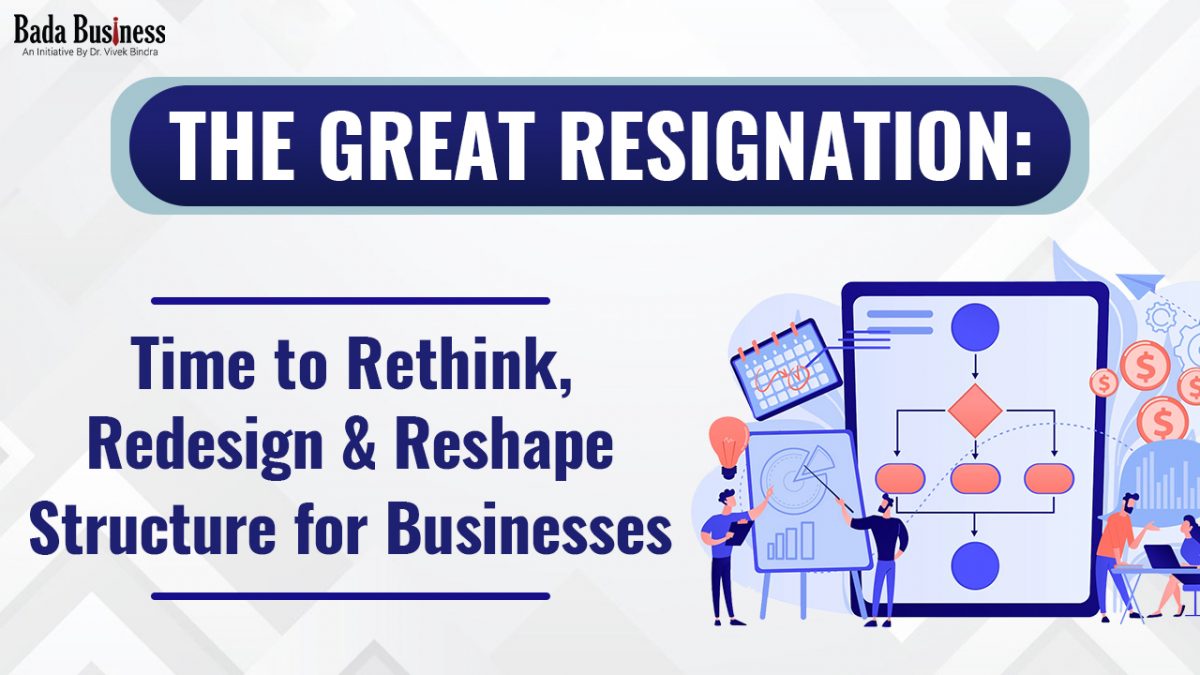Productivity is crucial for the success of any business! And from entrepreneurs to wantrepreneurs, solopreneurs to business owners, productivity is of utmost importance.
There are multiple times when people are busier than productive. And, it is essential to understand the difference between the two. And, if you are not making constant efforts to improve your productivity, it’s only a matter of time before all your business goals and aims will come crashing down. A great business mentor too can help you increase your productivity.
You can complete all your major tasks in less time if you maximize your efforts and minimize distractions. Here are 5 brilliant tips that will improve your productivity rapidly, as a busy entrepreneur:
1. Be More Accountable
Public accountability is something that can truly motivate us. Make a to-do list and set short-term goals, even if it means finishing your pending tasks for the day/week. Share your tasks and goals with a coworker, friend, or with your team. Working with a business coach will also help you to improve. Knowing that you will have to report back and be answerable for not meeting these goals will keep you motivated to perform better to see them through.
2. Find Out When You Are More Productive
Do you struggle with focusing on prioritizing tasks? Do you often fail to manage your time? If you found yourself nodding your head while reading the above two questions, then Time Block could be the solution.
A time block is nothing but small parts of your scheduled time throughout your day. You can decide the tasks you would like to complete according to their priority. Focus on a single task and ignore everything else. Focusing on a single task at a given point in time helps you to concentrate and perform better. It also ensures that you tick off all the important tasks for the day.
3. Eliminate Distractions
Easier said than done, we know, but try to reduce unnecessary distractions throughout the day that we perform unconsciously. You can also write ‘Day in your life off, which is a wonderful way to take note of where you are spending your maximum time.
All you have to do is write about your assigned task and your daily routine which you follow. This will give you an idea of where your maximum amount of time is getting spent. For instance, you can reduce social media browsing, or spend too much time on your phone.
4. Focus On One Task
We know that in today’s busy world, most people will suggest you handle multiple tasks in one go. However, what most people forget to mention is that it reduces efficiency & productivity. When you are being pulled in hundred different directions daily, it is really hard to give your best and deliver quality results. Jobs are often left open and incomplete, or they are full of human errors due to simple oversight.
This is why staying focused on one task until its completion ensures that it has 100% concentration and is done to the fullest potential.
5. Take As Many Tasks As You Can Handle
When you segregate your daily tasks and schedules, it is time to prioritize them wholeheartedly. Allocate your time to the most worthwhile tasks, which will help you to achieve your goals. This also means saying ‘No’ to new projects, new assignments, new clients, and new responsibilities.
Saying NO to non-essential tasks will help you to finalize the list and helps you to stay adhered to your to-do list.
Staying busy and occupied all the time can stifle your mind and block your creative juices from flowing. Take time to distress your mind regularly as it will impact your effectiveness. And your mind and business will thank you.
Want to know how to deal with business challenges that come unannounced? The idea of managing a business is easier said than done and we completely agree with you. This is why to help you move forward with your business goals, we at Bada Business offer an exclusive Business Coaching Program that comes with Foundation courses, specialized courses, and value-added courses. To know more, visit: www.badabusiness.com









